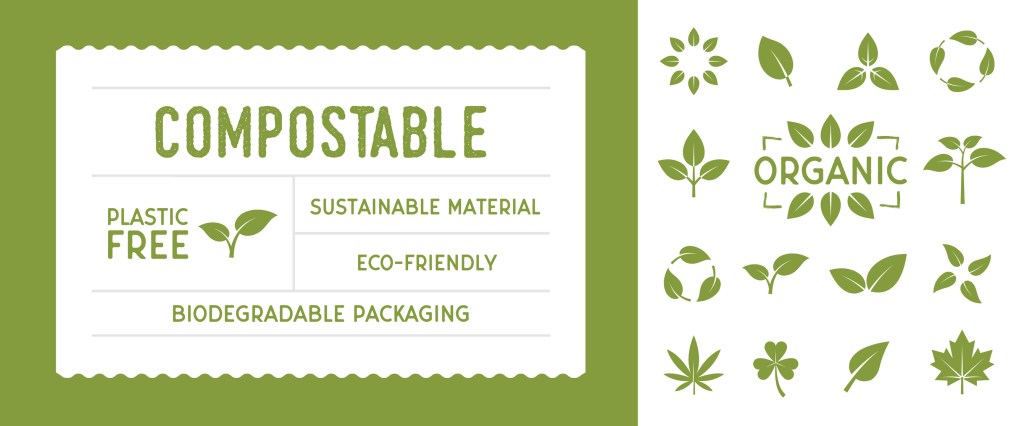In a presentation delivered at a Sydney Sustainability Summit, Delia Rickard, Deputy Chair of the Australian Competition and Consumer Commission (ACCC), encouraged businesses to exercise caution when using sustainability or environmental claims.
Speaking at the Sydney Morning Herald Sustainability Summit, Rickard said the ACCC will be cracking down on greenwashing.
“Unfortunately the ACCC is hearing growing concerns that some businesses are falsely promoting environmental or green credentials to capitalise on changing consumer preferences,” she said.
Richark said that claims like ‘environmentally friendly’, ‘green’ and ‘sustainable’ have limited value and rarely provide enough information to consumers.
“It’s important that businesses can back up the claims they are making, whether through reliable scientific reports, transparent supply chain information, reputable third-party certification or other forms of evidence.”

Where the ACCC has concerns, it will ask businesses to substantiate their claims, Rickard insisted.
“The ACCC wont hesitate to take enforcement action where we see that consumers are being misled or deceived by green claims.”
Improving the veracity of environmental claims protects both consumers and businesses, she said.
“Many businesses go to extraordinary lengths to make their processes, products and services more sustainable. This innovation and investment should be protected from unscrupulous behaviour of other businesses making green claims without incurring the same costs.”
These green claims can have significant impact on consumer purchasing behaviour, Rickard insisted, largely because consumers are unable to verify the claims themselves.
“Information asymmetry is a key problem here. It is difficult for consumers to verify the accuracy of a green claim as consumers are always going to have less information than the business making the claims. For example, a product may be labelled as being made from recycled materials. Consumers can’t independently verify where the materials come from, or whether the business audits their suppliers, or if they do, how robust that audit is,” Rickard said.

She stated that businesses have also raised concerns with the lack of a common definition or standard in Australia for terms including ‘biodegradable’, ‘recyclable’ and ‘compostable’, as there’s no benchmark for which a product’s performance should be measured against.
The ACCC will conduct an internet sweep of various environmental claims made by Australian businesses. A similar review undertaken by the International Consumer Protection Enforcement Network in 2020, found that 40 percent of environmental claims were potentially misleading.
The ACCC will use the data from the internet sweep to update guidance for both businesses and consumers.

Tips for brands
Rickard’s presentation included a number of recommendations for businesses looking to promote their environmental credentials.
- Businesses should ensure their claims are clear and specific, and avoid using vague language (such as ‘green’) to describe their products or services. Any claims made should also detail the specific part of the product or process being referred to and be easy to understand.
- Businesses should avoid the use technical language where possible. Businesses should also avoid reliance on technicalities – claims which are technically true, but only if certain conditions are met in practice.
- Be wary which standards you rely upon to substantiate environmental claims. Many standards have been developed by those who have a vested interest in ensuring that the standards they are required to comply with are not robust.
- Businesses should ensure they are considering the entire lifecycle of a product when making environmental and sustainability claims. If a claim only relates to one aspect of the product lifecycle, this should be made clear to consumers. Businesses should also not attempt to hide or downplay any negative impacts. For example, if a product uses less water to produce, but the process results in higher emissions.
- Businesses should also be transparent about their products and environmental policies, to allow consumers to make an informed choice. This may mean ensuring that information about various environmental indicators is publicly available. For example, businesses may publish information about resource use and waste management, the types of materials used and how they are sourced, product durability and repairability, and any circularity initiatives
- Think about collaborating with reputable third-party certification bodies.
To stay up-to-date on the latest industry headlines, sign up to Future Alternative’s enewsletter.
Posted on:


